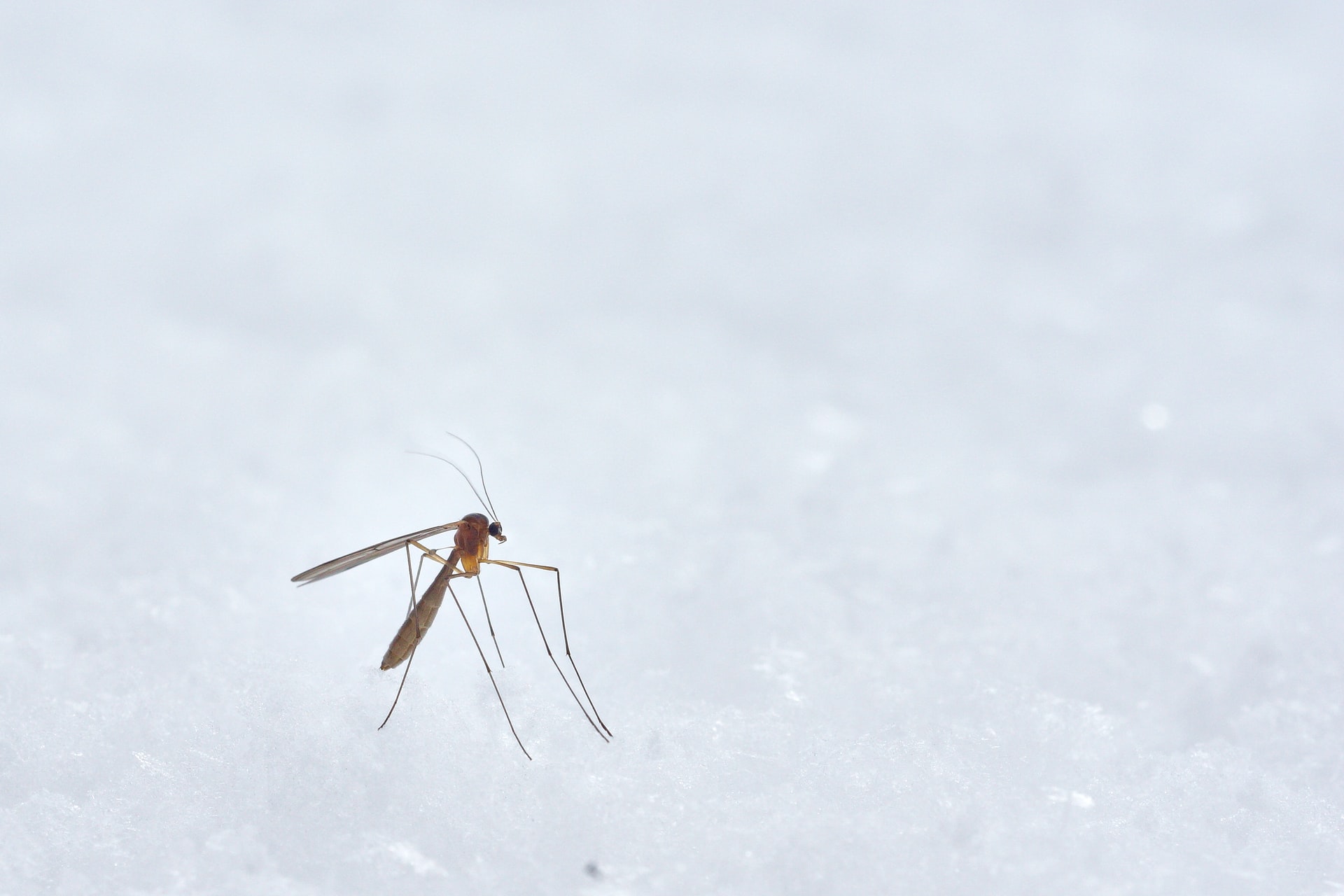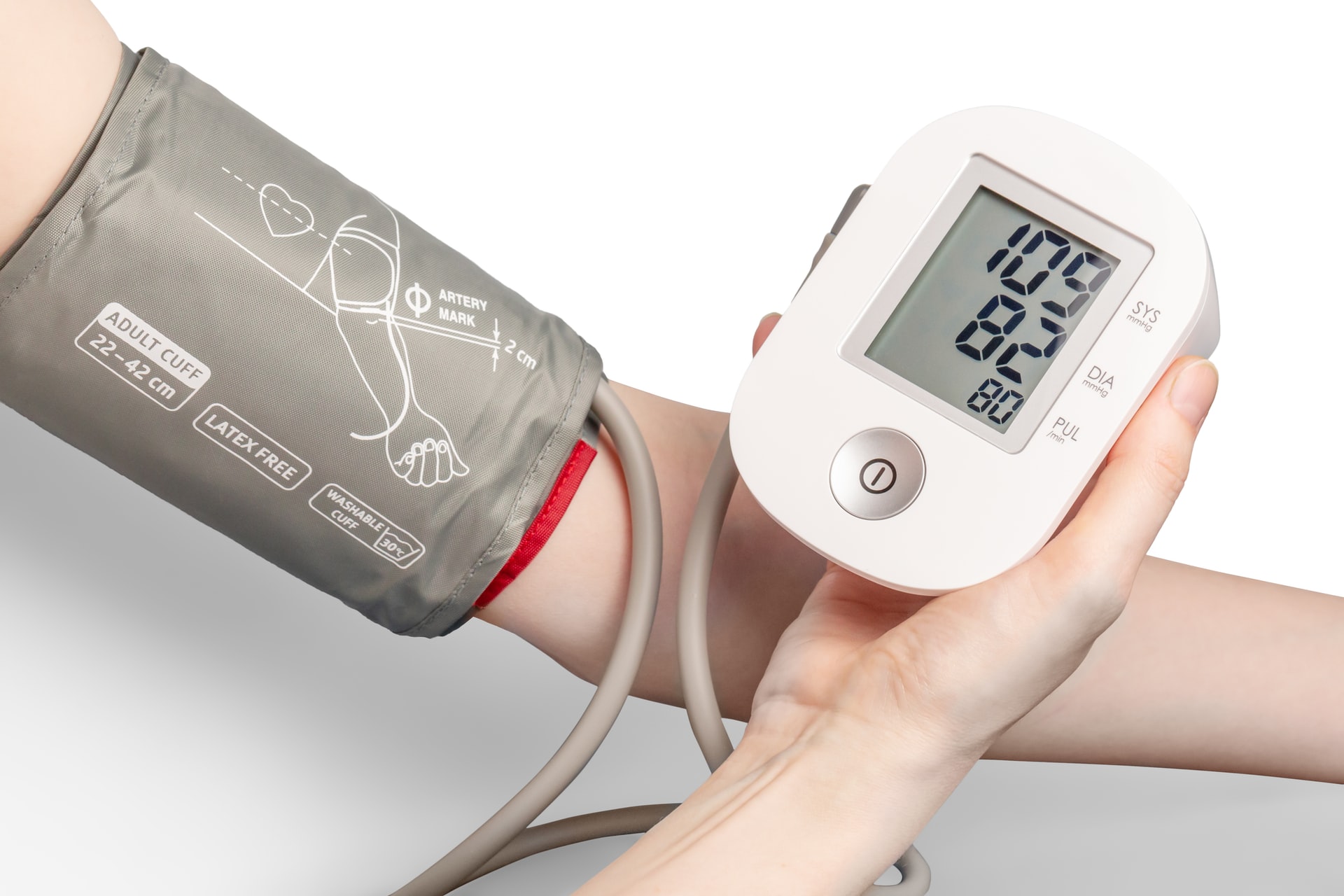Reading Time: 2 minutes
- The word bi-polarBecause a person diagnosed with bipolar disorder experiences both mania and depression, it is also called Manic Depression. means two extremes: one extreme is the excessive sadness (depression) and the other extreme is excessive enthusiasm (mania).
- Bipolar disorder causes a person to have dramatic shifts in moods and emotions.
- E.g., when having a depressive episode a person can have a low mood, thoughts of suicide, lack of interest in activities, weight gain/loss, too much or too little sleep, etc.
- Manic episodes, on the other hand, can cause extreme optimism, irritability, racing thoughts, sleeplessness, rapid speech, impulsive actions, and risky behavior .Like investing all the money in a risky project or participating in extreme sports without safety equipment.
- A normal person will have weeks or months of reasonable highs and some lows that may happen because of loss of a job, arguments, death in a family, etc.
- A person diagnosed with depression will have reasonable highs but his/her lows will be severe and last longer (at least 2 weeks) than the highs.
- A person with bipolar disorder will experience severe lows for at least 2 weeks and extreme highs for at least a weekThis is called Bipolar Disorder 1. In the case of Bipolar Disorder 2, the highs are not as severe and they last for 4 days, instead of one week as in the case of Bipolar Disorder 1. If untreated these highs, in both the cases, can last for up to 6 months., then some period of normalcy before the cycle of extremes repeats itself.
- The exact causes of bipolar disorder are not known, but researchers believe it has to do with the malfunctioning of the brain’s pruning (removing weak links) abilities.
- Our senses talk to our brain by passing signals to one of the billion neurons (brain cells), which then passes it to the next (then to the next forming a chain) until it reaches the part of the brain responsible for acting on the signal.
- The passing of signals from one neuron to the next and to the next forms a connection between neurons and the experiences that are repeated often make these connections strong.
- The rule of normal brain development is “use it or lose it” i.e. the brain must prune/remove weak (formed from experiences that are not repeated) or faulty connections for it to focus on the important stuff.
- In people with bipolar disorder, the brain’s ability to remove weak or faulty connections is disrupted and the overcrowding of connections sends confusing signals to the brain.
- How someone’s brain loses the pruning ability is still unknown but it has been attributed to genetic and environmental factors.
- A person with a family member who has bipolar disorder, for example, is 10 times more likely to have it himself/herself.
- Environmental factors include stressful events; substance (drugs, antidepressants) abuse has also been linked to this condition.
Image courtesy of Shutterstock
Reference shelf :
























